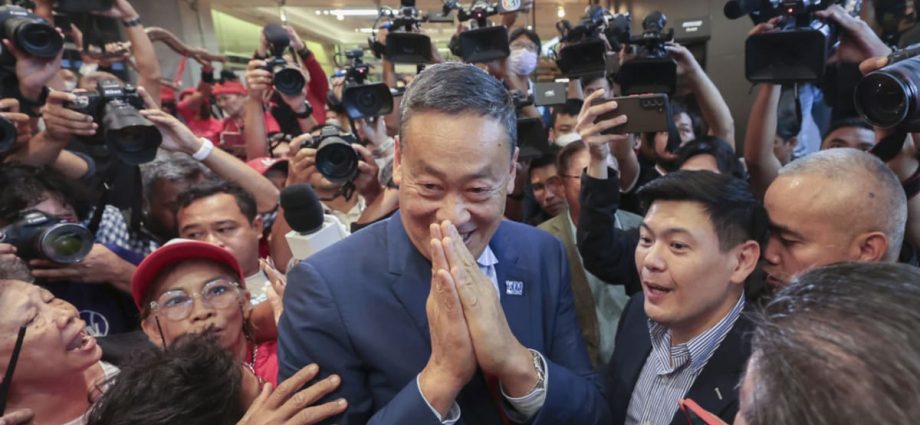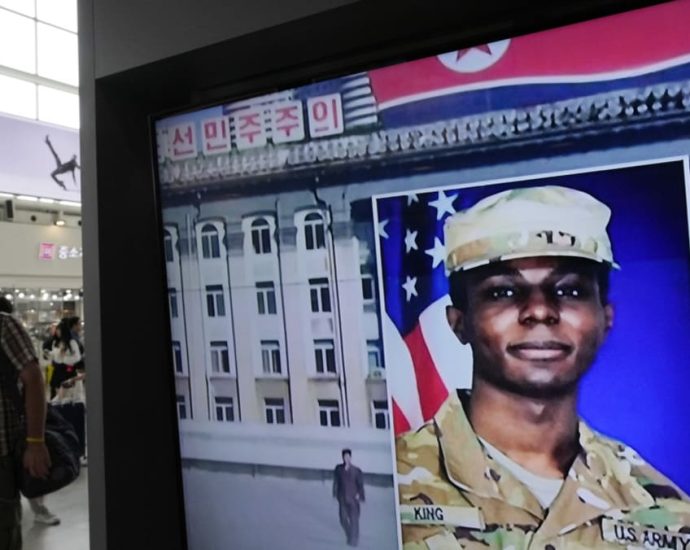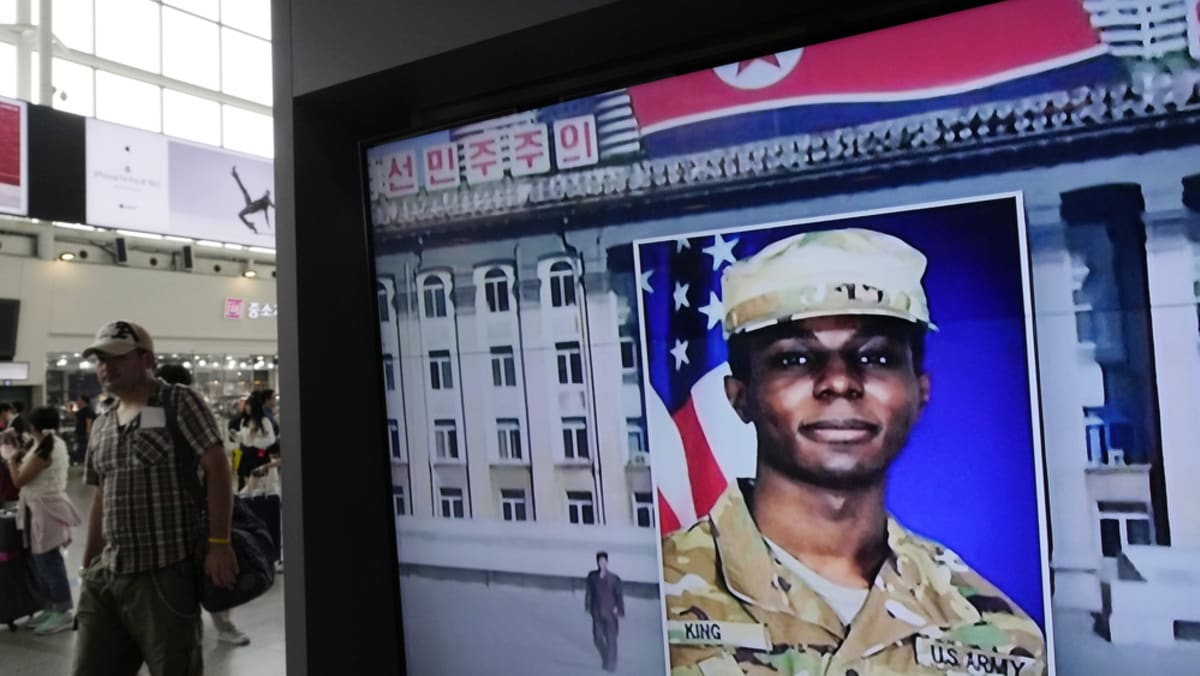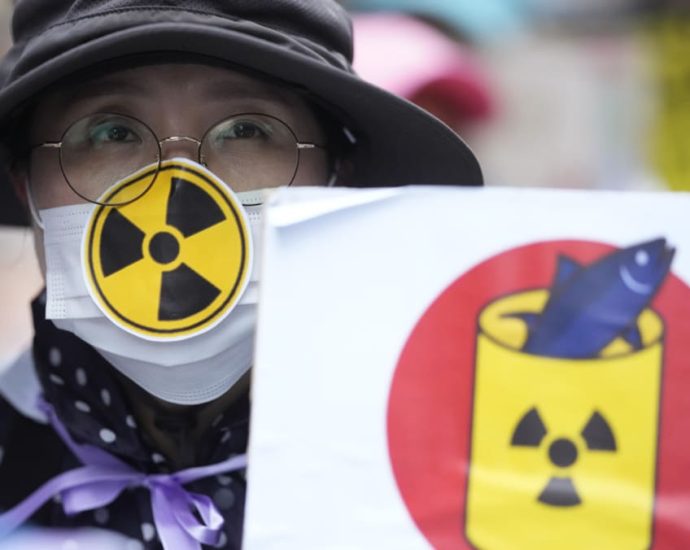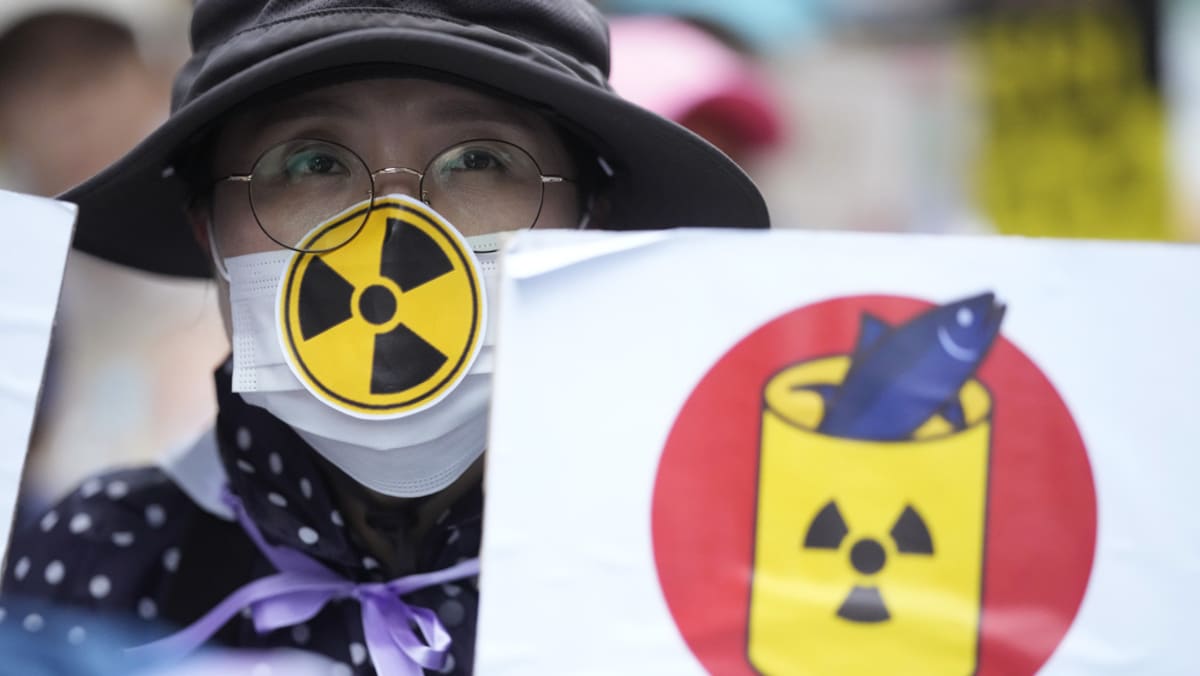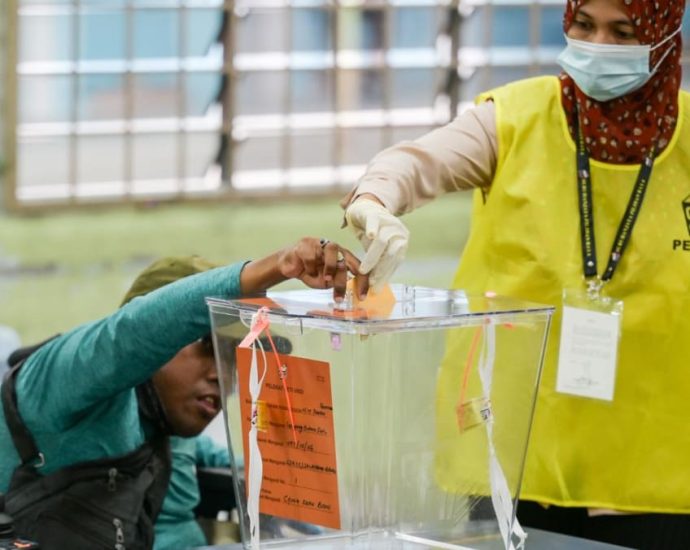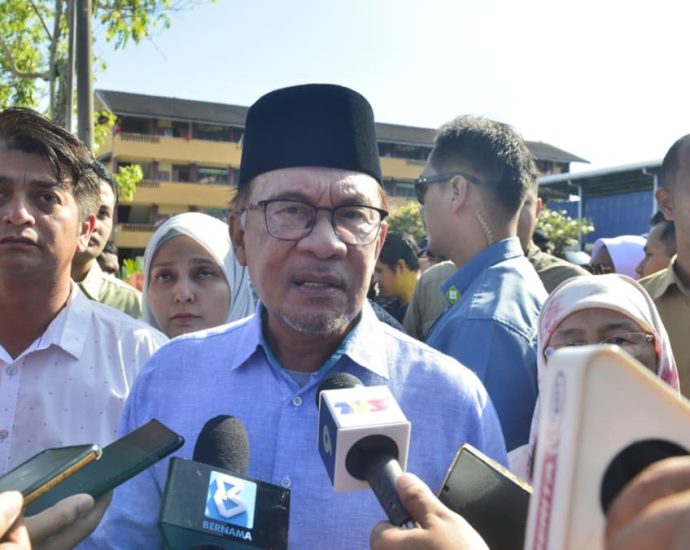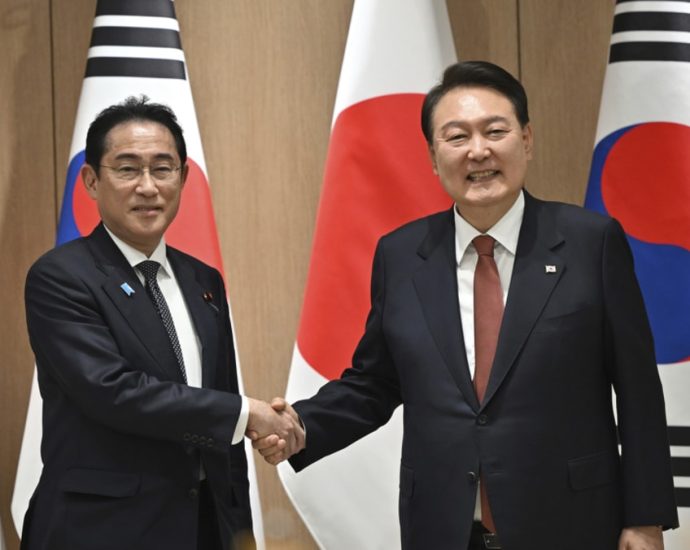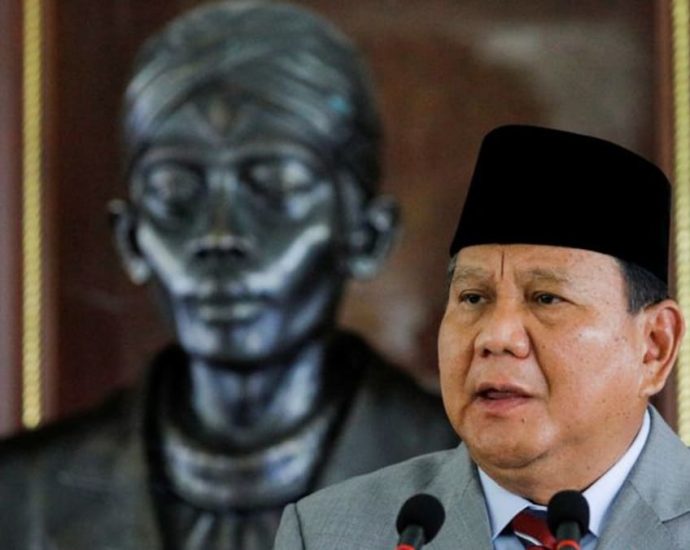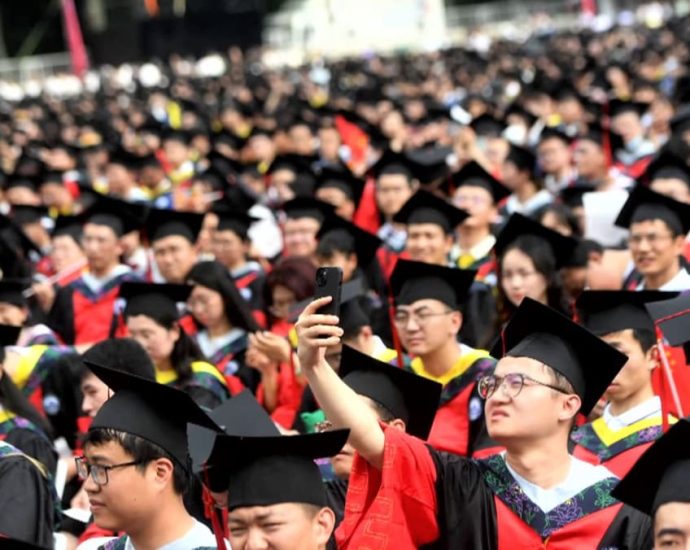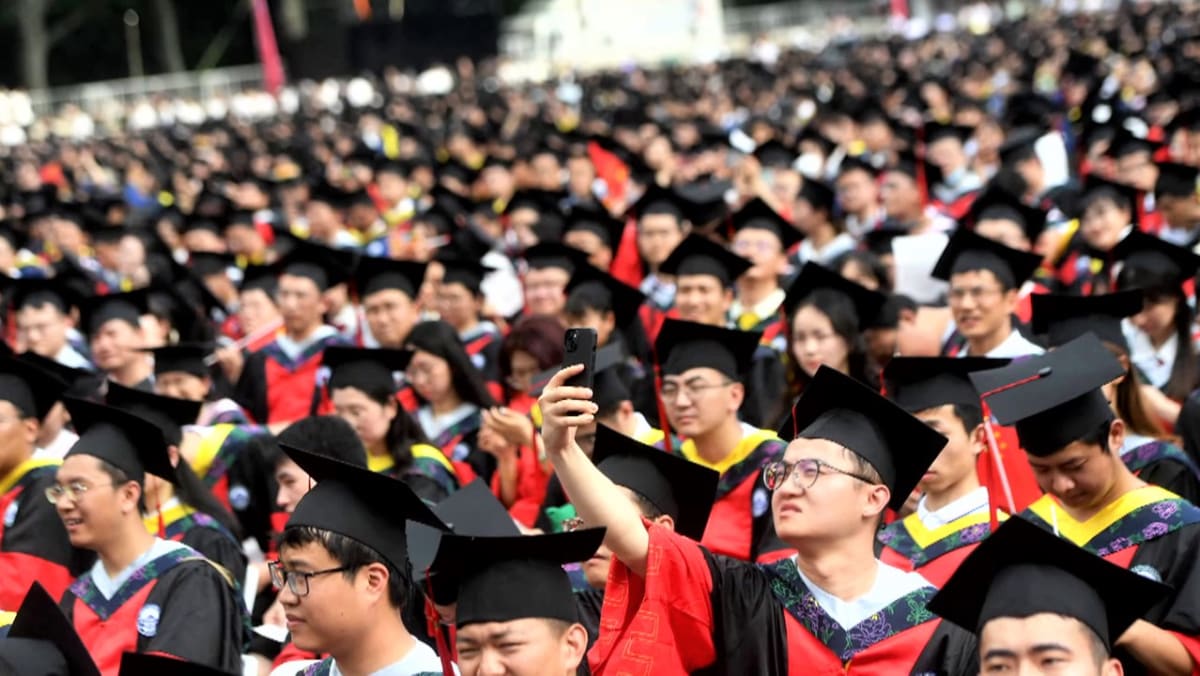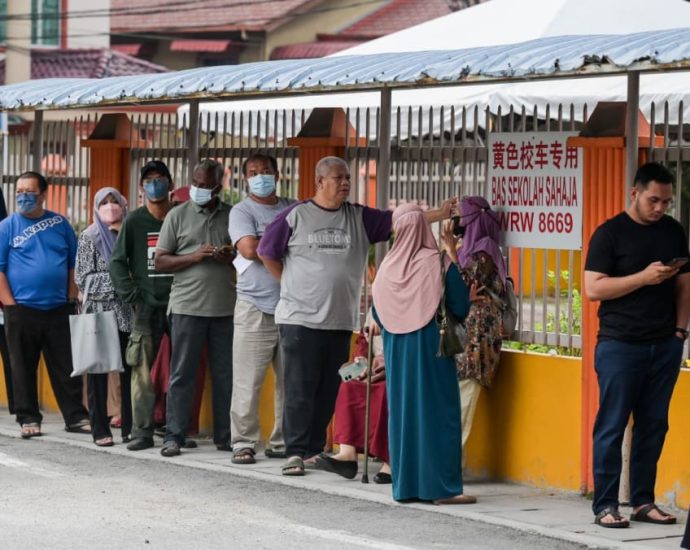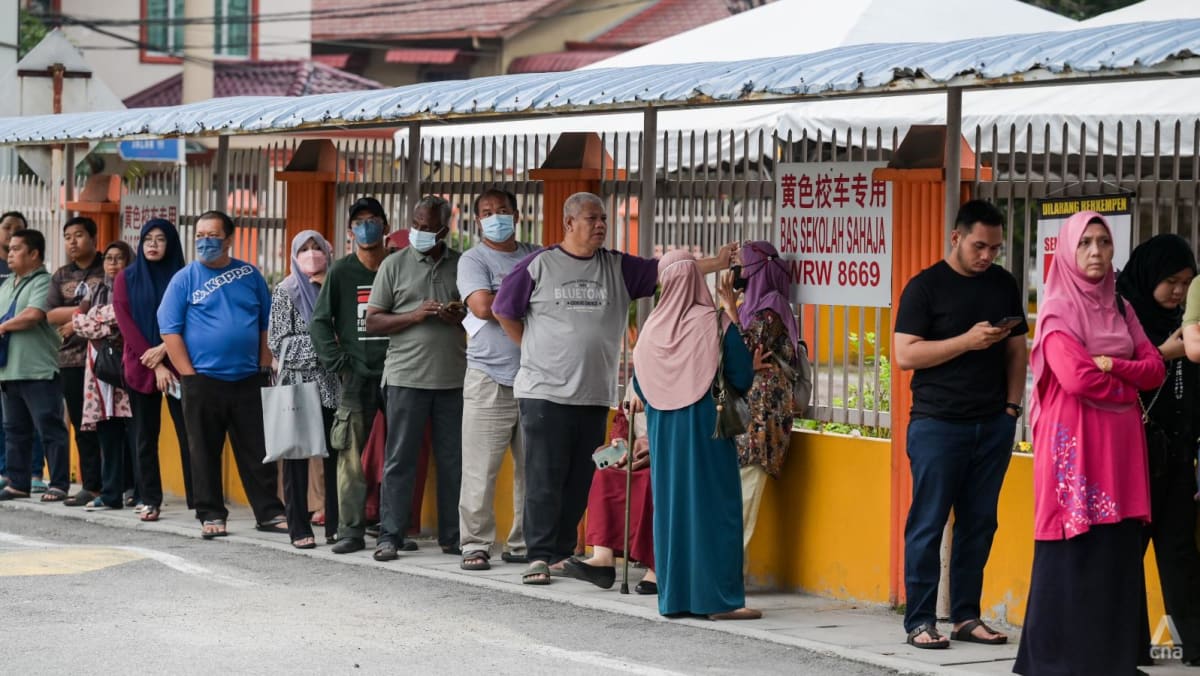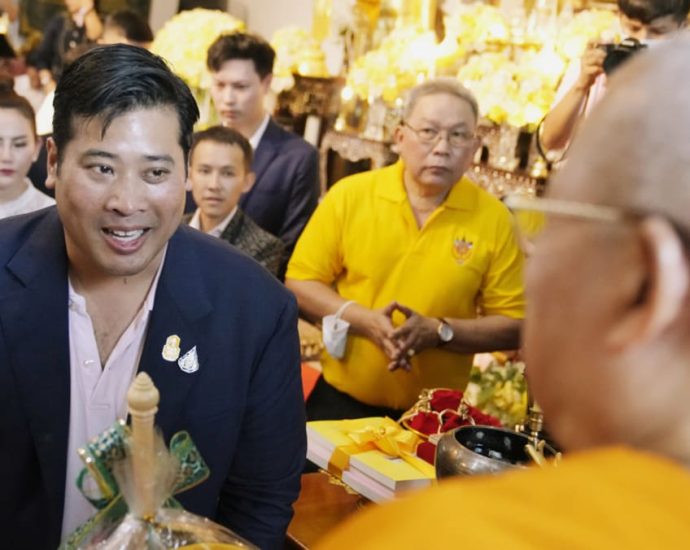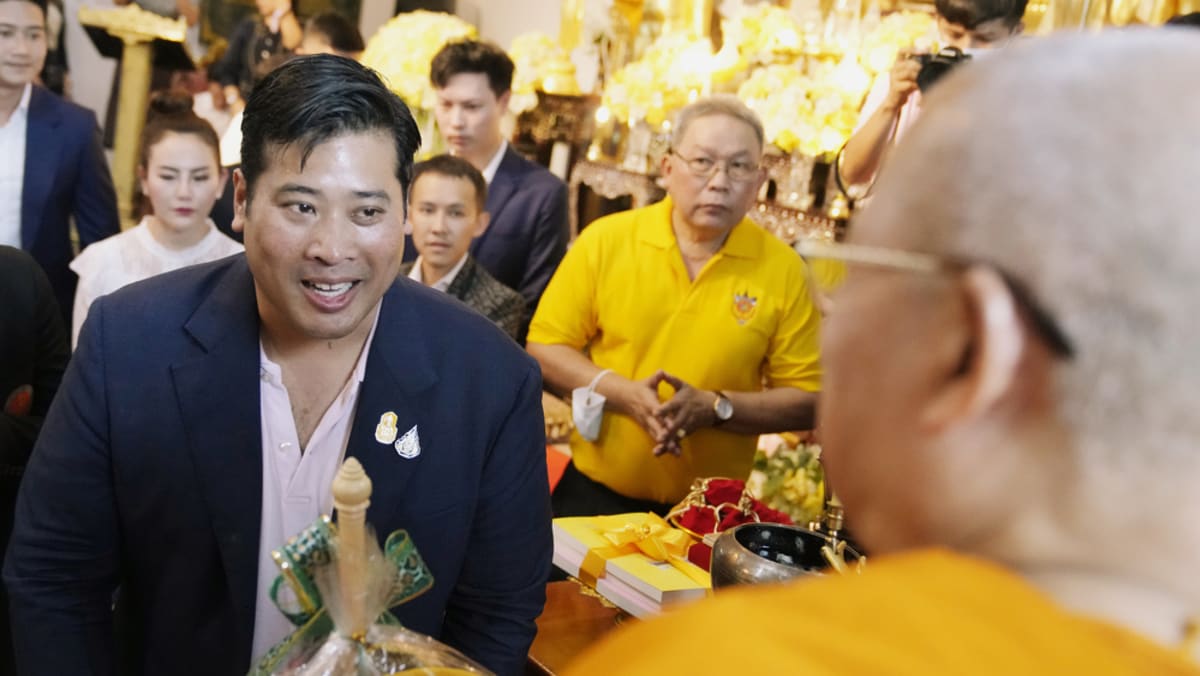Commentary: Thailand has a new PM but Pheu Thai will have a political price to pay for it
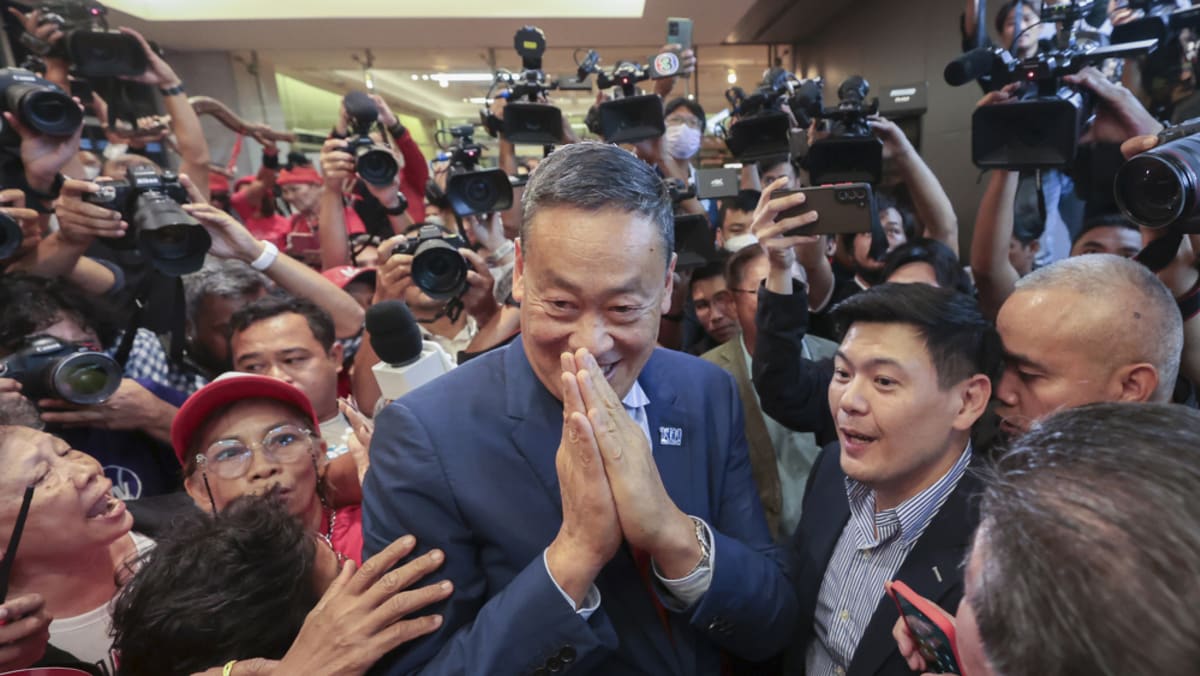
THAKSIN’S FUTURE
A crucial portfolio to watch is the justice ministry which oversees the criminal justice system, the powerful Department of Special Investigation and the Department of Corrections, which is responsible for keeping prisoners in custody.
Pheu Thai will want to ensure that Thaksin is kept safe and gets the necessary medical treatment while serving his sentence, and to deter political rivals from opening new cases that could end up extending his eight-year jail term.
On the other hand, the conservatives likely suspect that Pheu Thai could be tempted to meddle in the justice system to shorten Thaksin’s sentence and pave a way for his political rehabilitation.
All things considered, this is unlikely – at least in the next few months.
Pheu Thai will want to focus on consolidating power amid considerable public disenchantment. Mr Srettha will almost certainly come under pressure to do something to help Thaksin, but he may seek to dissuade and placate them through other means to preserve his job.
Deal or no deal, nobody should rule out Thaksin reasserting himself as a nexus of political power akin to the days of old. He has shown his enduring influence in Pheu Thai and the strength of his family’s personal brand.
Once the present economic travails subside, Pheu Thai might conceivably explore options to revive Thaksin’s clout. Pheu Thai will likely need it to combat public support for the MFP as a genuinely democratic force ahead of the 2028 election and Thaksin will be motivated to secure a bright political future for his daughter Paetongtarn.
Any misstep could still give the conservatives and the military a convenient pretext to call an abrupt end to this strange and unprecedented partnership.
Harrison Cheng is a Director in risk consultancy firm Control Risks.

